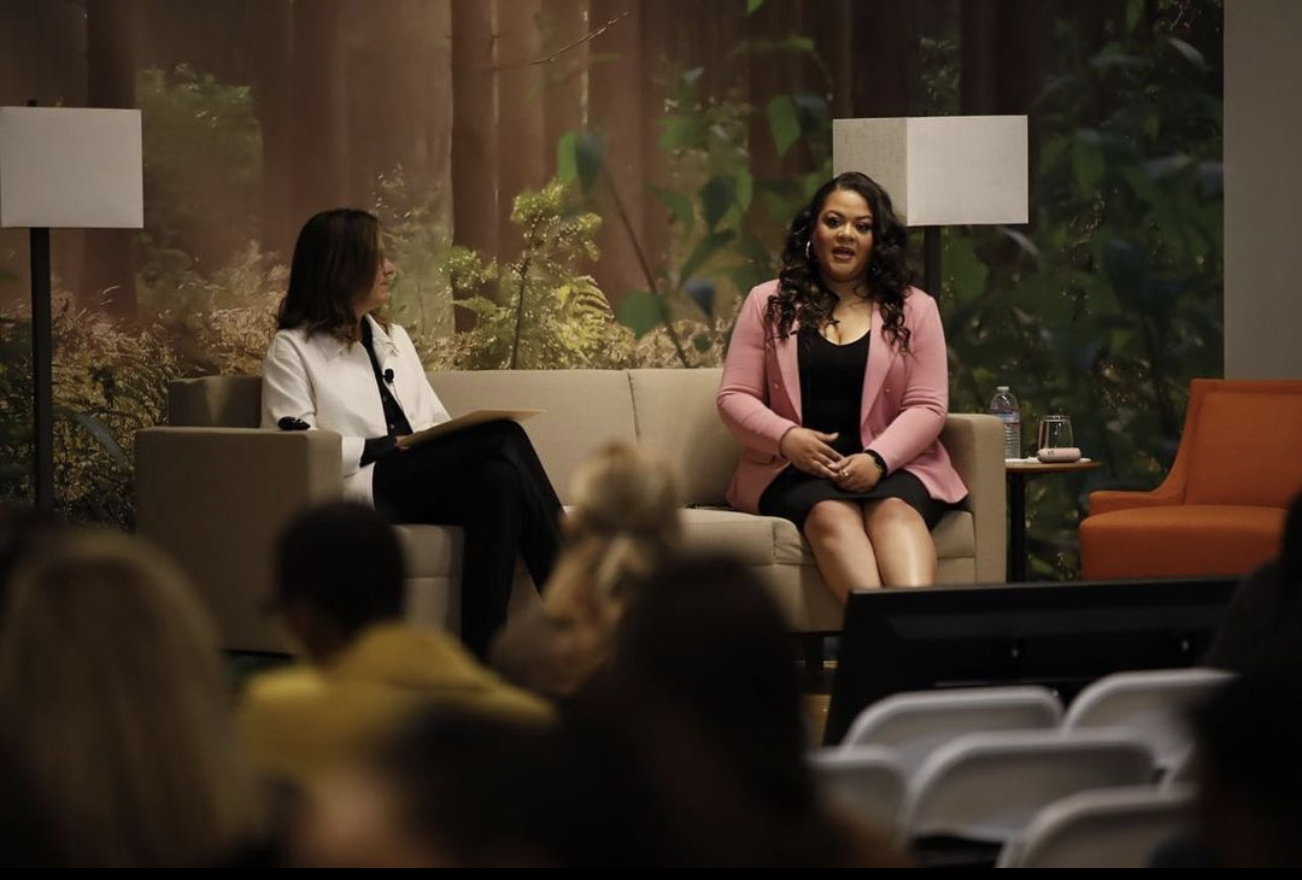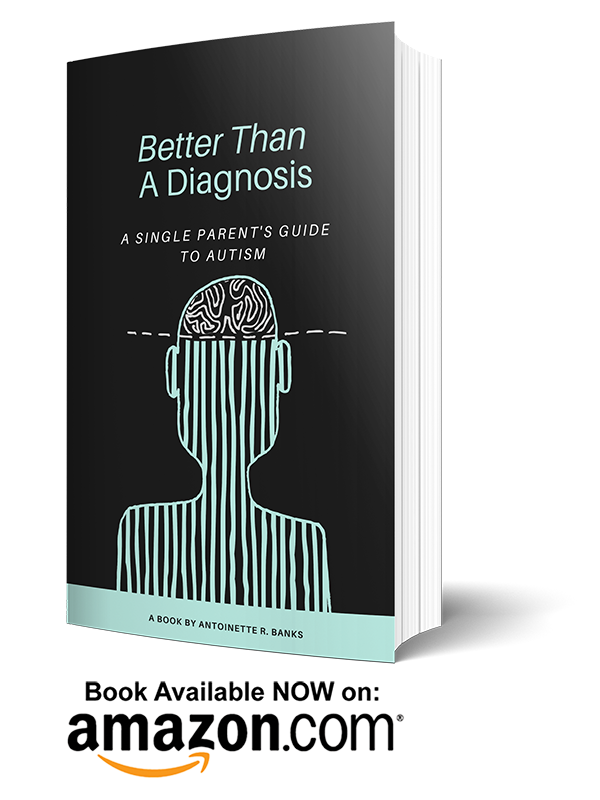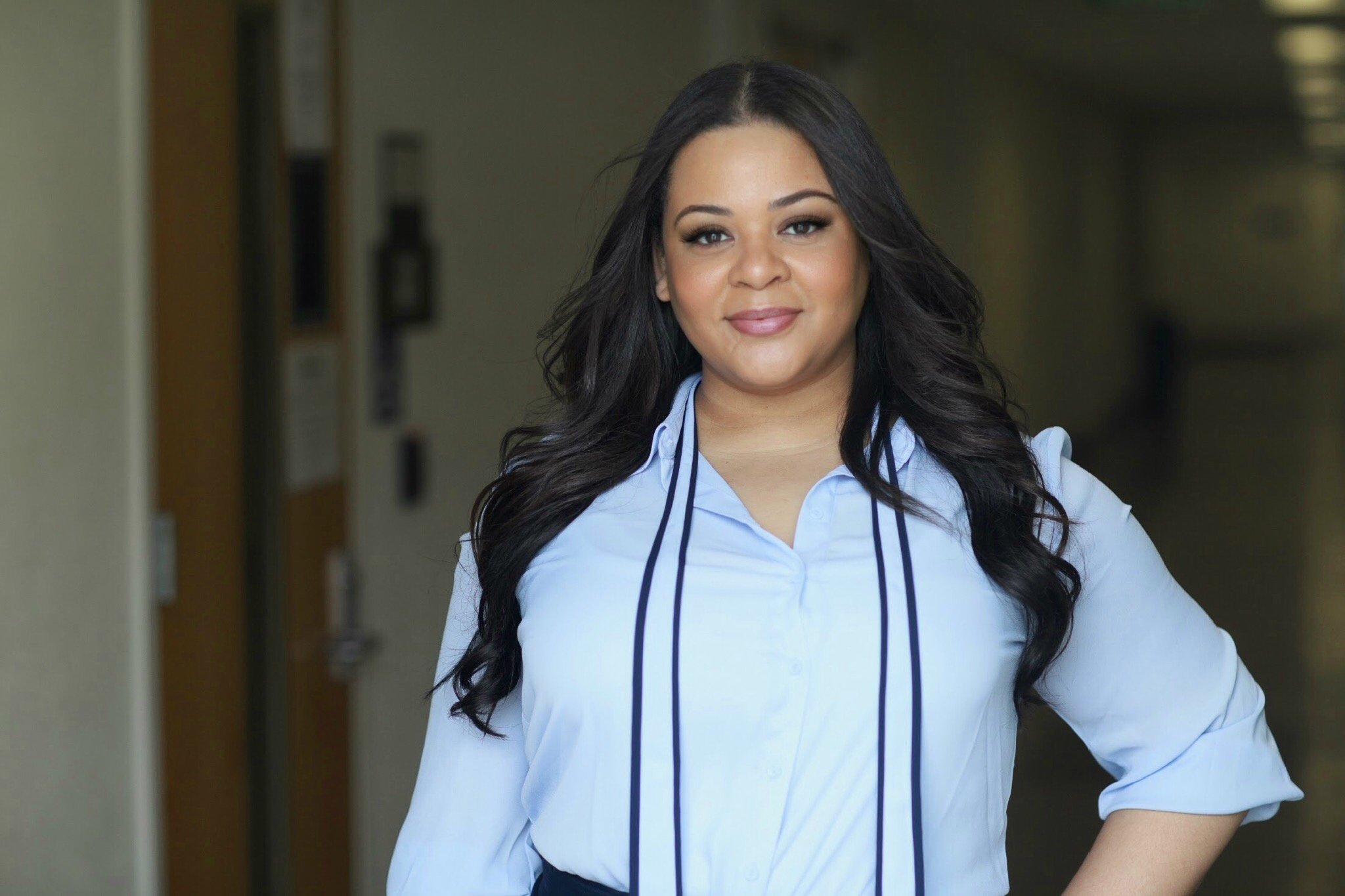
Antoinette Banks
Meet Antoinette Banks: a woman of faith, successful writer, award-winning innovator and a recipient of the 2023 Ford Fellowship. She is currently pursuing a PhD in Learning and Mind Sciences with a Designated Emphasis in Computational Social Science at the University of California, Davis.
Antoinette's work is centered around her experience as a mother to a teenager with autism. She has written a book called "Better than a Diagnosis: A Single Parent's Guide to Autism" and founded Expert IEP, an educational technology that uses AI/ML to improve Individualized Education Plans (IEPs) for students.
Through Expert IEP, Antoinette aims to prepare students for success beyond their K-12 years by placing them at the center of the planning process.
Antoinette's research focuses on the intersection of technology, learning differences, and empowering students to achieve higher educational outcomes. Her dedication to equality and inclusion in education is recognized through her Ford Fellowship and her commitment to making a positive impact on the lives of individuals with learning differences.
Join Antoinette Banks as she reshapes education, amplifies the voices of BIPOC neurodivergent students, and advances the cause of student-centered IEPs. Together, we can create a brighter and more inclusive future for all learners.
Booking
Antoinette accepts booking invitations on the topics of:
Autism Awareness
Parental Advocacy
Education Technology
Mentorship for Nontraditional Students
Photo credit: Team One, Culver City, CA.
Latest Podcast
“Every step I take is guided and ordered. To be able to support and impact peoples lives and to be able to change the trajectory of their children’s lives is an incredible privilege that I have.”
What lights me up:
"While I birthed an ASD child, she birthed an advocate and scientist in me." ~ Antoinette
Writing this book was easily one of the most exhilarating yet terrifying experiences of my life. I asked myself, “am I ready to share pivotal and traumatic moments of my life? Will people agree with my methods?”
But, beyond those questions, came a hard truth that I knew too well. Racial and ethnic disparities in the identification of autistic children exist. I wrote this book as a clarion call of awareness and support for Black and Brown communities focusing on:
Understanding the structure of the human brain.
Which brain regions are known to be structurally different between autistic and non-autistic people.
Therapeutic supports for autistic kiddos.
Navigating IEPs in schools.
Unapologetic advocacy.

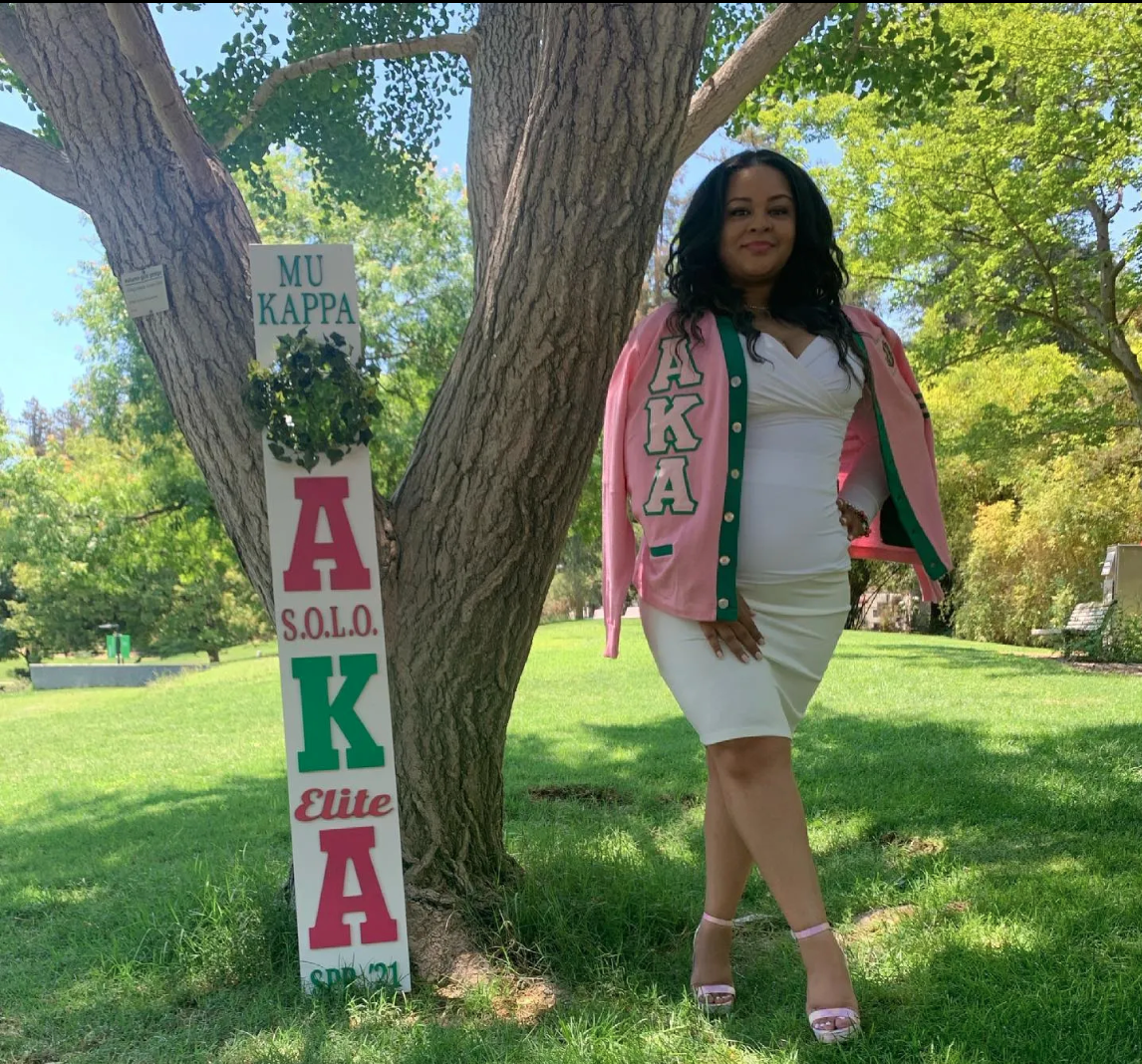
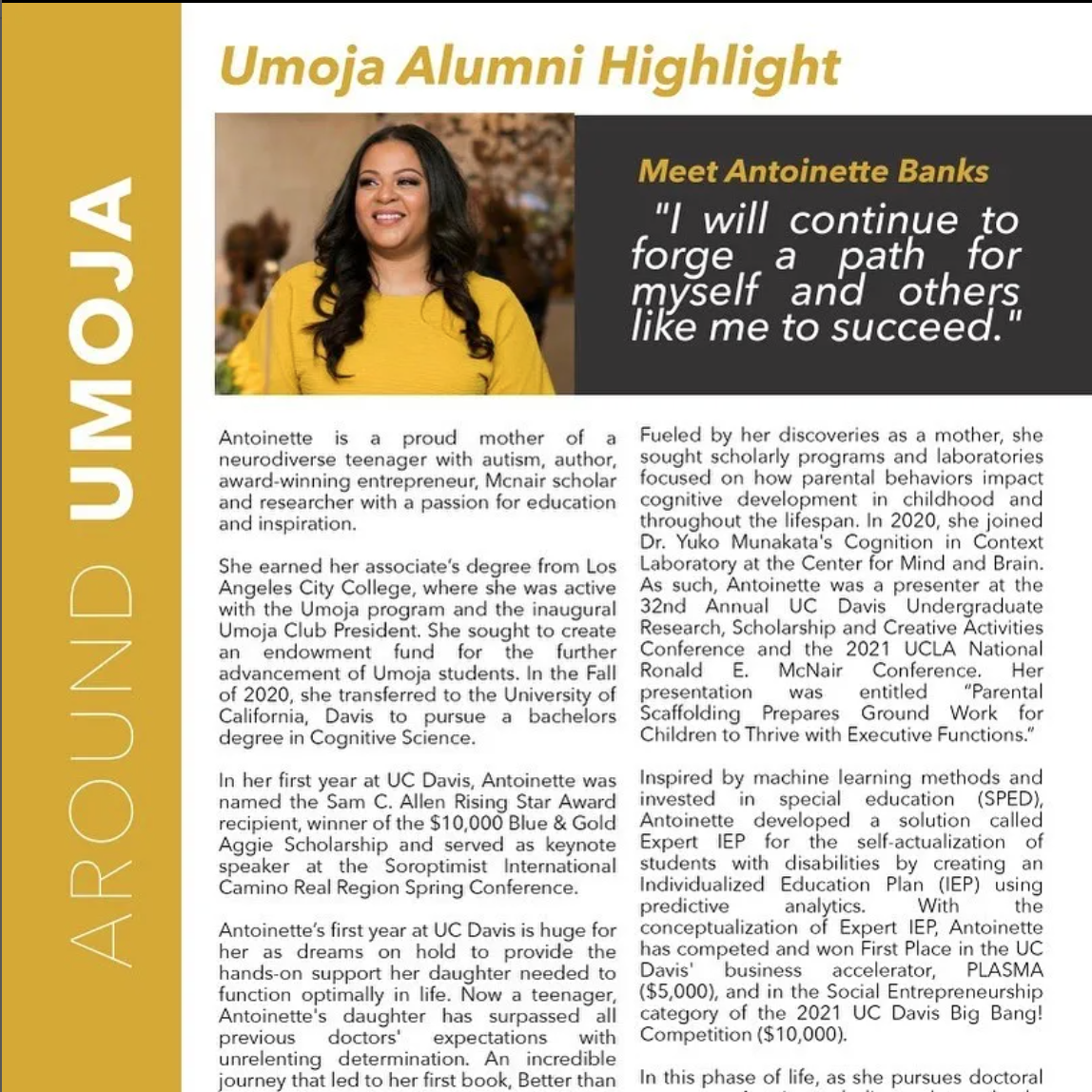
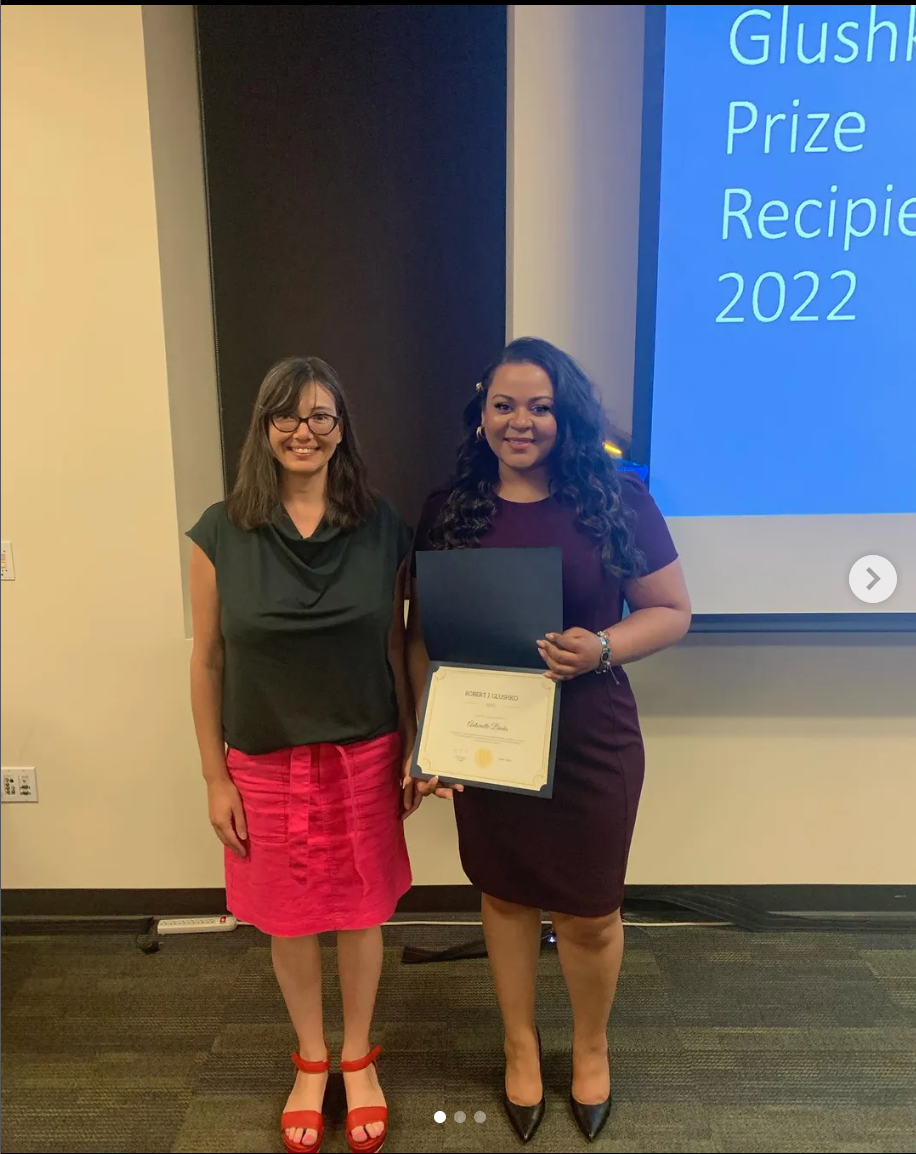
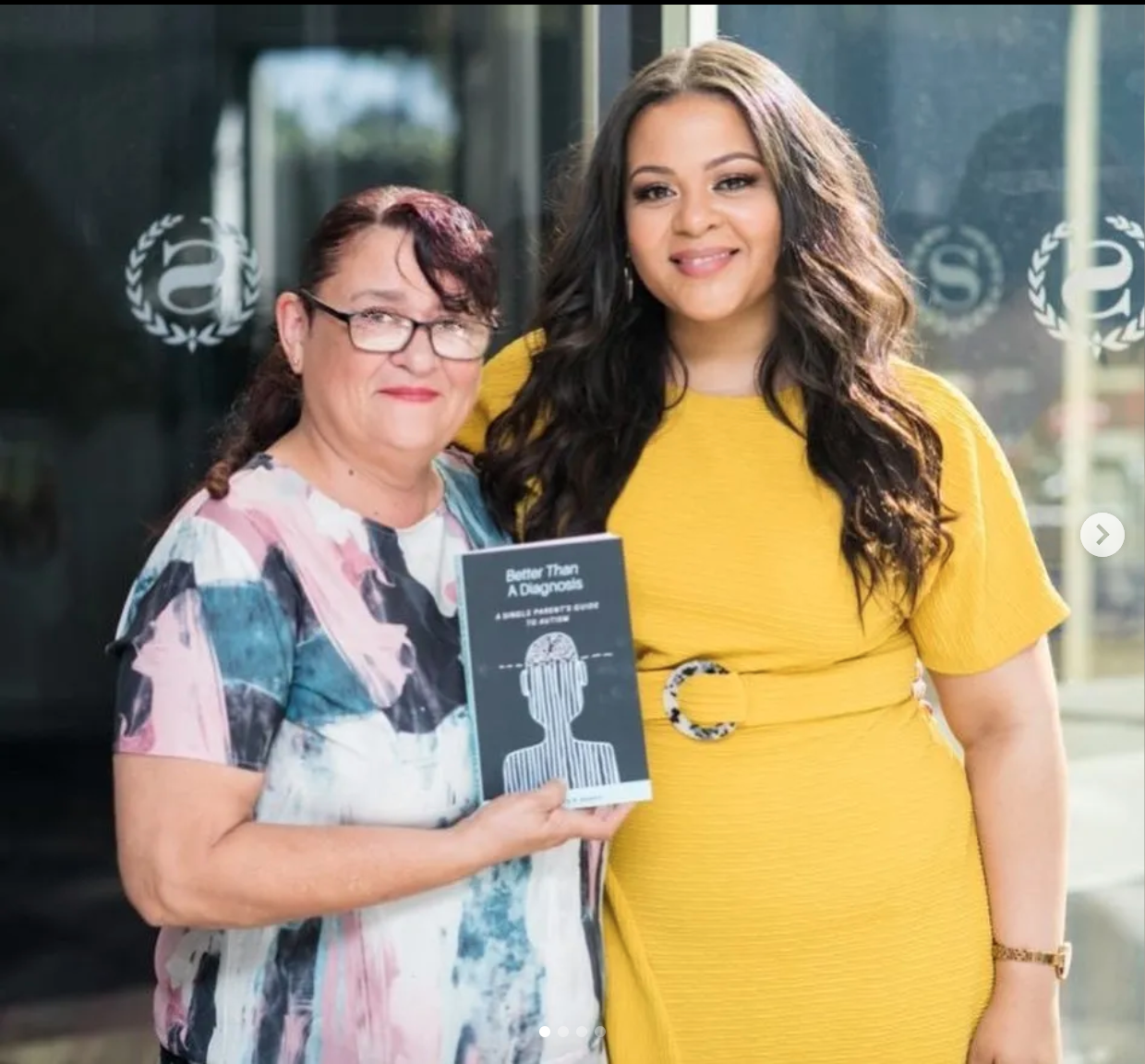

Do not despise these small beginnings, for the Lord rejoices to see the work begin.
Zechariah 4:10
